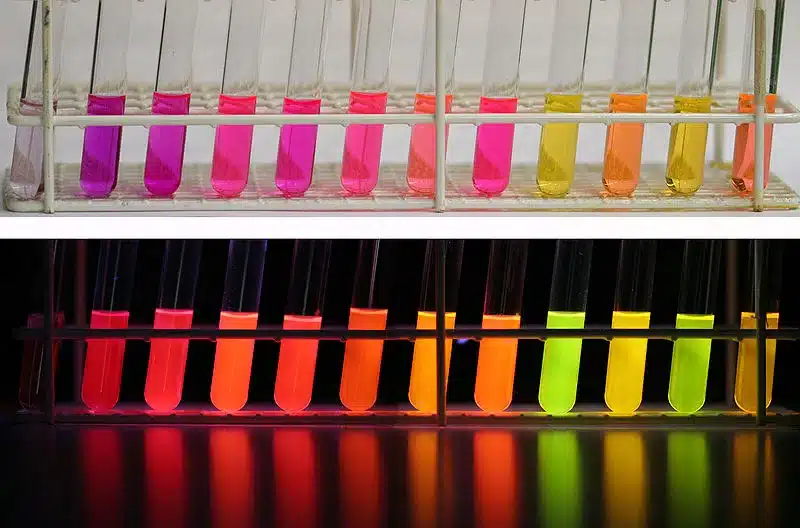Germany’s chemical industry is bracing for another year of subdued growth, with production expected to stagnate at a low level and sales to decline 3.5 percent year-on-year, according to the country’s Chemical Industry Association (VCI).
“The year 2023 was a disappointment throughout — and good news for the location Germany remains far and few between,” VCI’s Director-General Wolfgang Grosse Entrup said in a recent statement.
Germany’s third largest industry saw production fall by 7.9 percent last year, while sales dropped by a significant 12.2 percent to 229.3 billion euros (249.9 billion U.S. dollars), according to VCI.
The ongoing fallout from the energy crisis continues to cast a shadow over Germany’s chemical sector, with industry players grappling with high energy prices on the global stage. Coupled with soaring production costs, persistent order shortages are further exacerbating the challenges, VCI noted.
Chemical giant BASF has been forced to introduce a cost-cutting initiative in response to declining sales and profits. By cutting jobs and increasing efficiency, the company aims to achieve an annual saving of one billion euros by 2026 at its Ludwigshafen facility, BASF announced last month.
Recognizing the gravity of the situation, the German government has taken steps to tackle the problem of high energy costs for an export-driven economy. Despite fiscal constraints resulting from the reallocation of COVID-19 relief funds, the government is steadfast in its commitment to cutting the electricity tax for industries, from 1.5 to 0.05 euro cents per kilowatt-hour over the next two years.
In addition, plans are underway to build several new gas-fired power plants to bolster the nation’s energy supply during its transition to renewable sources. These facilities are slated to transition to green hydrogen gradually, starting from 2035.
However, industry leaders argue that these measures are insufficient to alleviate the burden of high energy costs. Grosse Entrup said last month that businesses need immediate relief from the high energy costs. “Since the increase in grid charges at the turn of the year, not even the general direction has been right. The electricity price package is falling flat.” (1 euro = 1.09 U.S. dollar)







